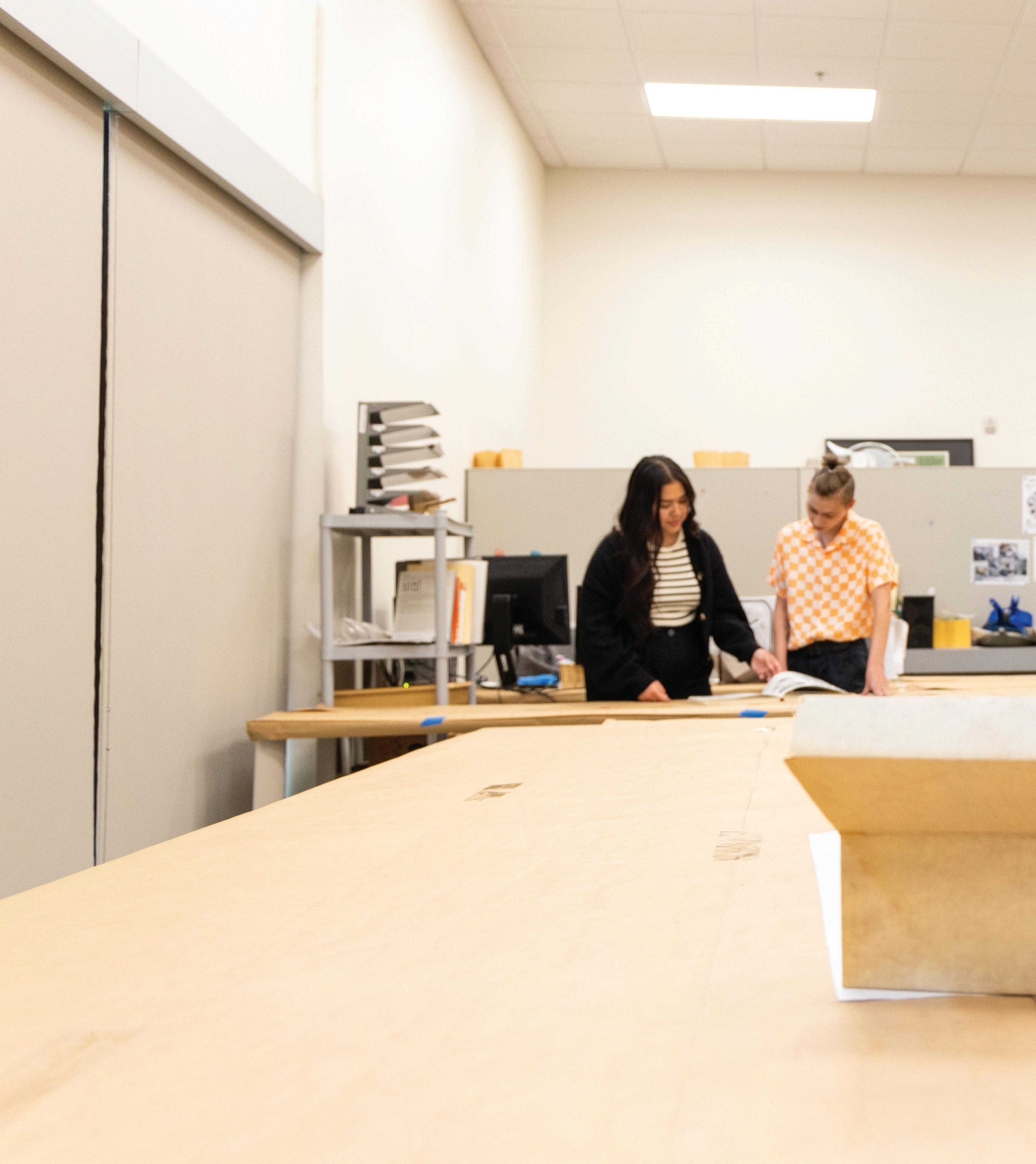
2023—2024



2023—2024

At Arizona State University’s School of Human Evolution and Social Change, we investigate what makes us human and use new knowledge to foster a healthier, more sustainable world. Using tools from anthropology, global health, environmental social science and museum studies, our work integrates the natural and social sciences to answer questions about the human story and inspire our students to become informed, socially responsible members of their communities.

Our school aims to be a leader in innovative research and teaching that impacts our generation and beyond. Our faculty and student interactions from learning and research will be measured not just in labs, classrooms and field sites, but in hospital rooms and living rooms, in rural villages and bustling cities, as students become citizens who are equipped with the knowledge and means to change the world.
Dear friends and colleagues,
Having completed my first year as director, I am continually amazed by the success of our school’s students, the productivity of our faculty, the dedication of our staff, the support of our community, and the trajectory we have set for our future. SHESC enrollments have grown by 7.8% since the last academic year, outpacing the university’s average growth and our divisional peers. We continue to lead the nation in research expenditures in anthropology. Our 1,468 student majors excel in their lives and careers, as you can see from some of the inspiring stories in this report. Nearly 300 students applied to graduate from SHESC in the last academic year, and eight doctorates were awarded.
Our school investigates the origins of our species, what makes us human and how we can build a healthier, more sustainable world together. Drawing on diverse disciplines, including anthropology, global health, environmental social science and others, we work at the intersection of the social and natural sciences to inspire the next generation of thought leaders. We are dedicated to providing career skills and training to the social scientists, health professionals, anthropologists and communityengaged experts of the future. Our classrooms span the globe as we educate a globally aware and involved student body, setting the stage for humanity’s future.
This past year, we organized our public educational mission under the Museum of the Human Story, relating how our species emerged, the history of the Original Peoples of the Valley of the Sun, and our school’s contributions to research and knowledge
building today. You can visit our public exhibitions at the Institute of Human Origins, the Deer Valley Petroglyph Preserve and the Innovation Gallery in the school’s main building on the Tempe campus. The museum, through the collections curated by the Center for Archaeology and Society Repository, continues to work with descendant communities to return their ancestors in a respectful manner, acknowledging the harm caused by disturbing them. Looking forward to 2024-25, we are excited to relaunch our MA degree in museum studies, which will build on new faculty expertise in museums, as well as our strengths in bioarchaeology and NAGPRA work with descendant communities. We are also active in developing new BA/BS degrees in human biology in concert with the School of Life Sciences, supporting ASU’s trajectories in medicine and health. These new programs, along with the continuous improvements we are making to our existing degrees, will launch students into their futures and support our communities in Arizona and beyond.
We are thrilled to continue this groundbreaking work and look forward to the advances we will make in the years to come. Thank you all for being a crucial part of this great mission. Together, we will change the world for the better.
Warm regards,
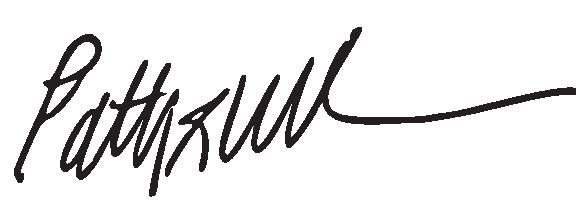
Ryan Williams Director and Professor

A warm welcome to our new faculty for Academic Year 2025

Méadhbh McIvor Associate Professor
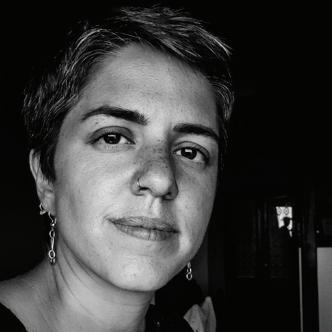
Mariam Abazeri Presidential Postdoctoral Research Scholar
Retirements: Charles Redman
Since coming to Arizona State University in 1983, Charles Redman has served the university, our school and our students in a variety of roles. In 2000, he was named the Virginia M. Ullman Professor of Natural History and the Environment. He then served several years as chair of the Department of Anthropology. In 2004, Redman was chosen to be the director of the Global Institute of Sustainability, and from 2007-2010, he served as the founding director of ASU’s School of Sustainability.
After so many years of incredible service and leadership, we wish Chuck the best as he enters his next adventure.
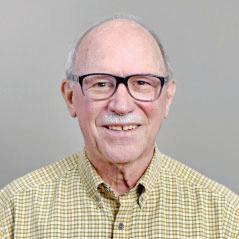
Retirements: Kaye E. Reed
Reed’s career has been filled with accolades and milestones, with a lot of field research in Ethiopia, South Africa, Morocco and Spain. Along with those milestones and discoveries, the President’s Professor has also served the school as director and is an active research scientist with the Institute of Human Origins. To cap off an incredible career, this year Reed was also elected as a fellow of the American Association for the Advancement of Science (AAAS).
Thank you, Kaye, for your 25 years of service and dedication to our school and students, as well as your contributions to our knowledge of human origins.
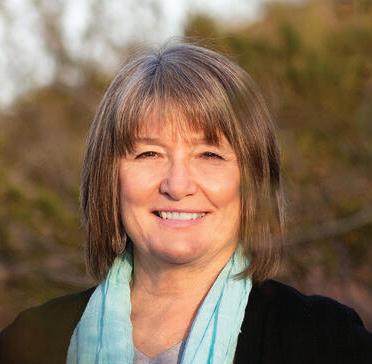
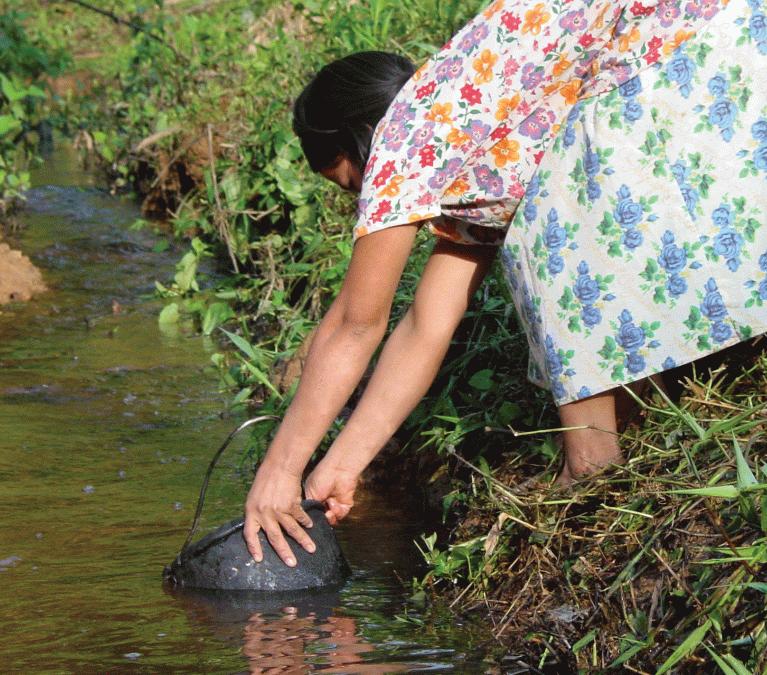
Multiple studies were released this year focused on newly gained insights on human health revealed from work with the Tsimane, a forager-horticultural society in the Bolivian Amazon. Benjamin Trumble, associate professor of evolutionary anthropology and global health, has been working with the Tsimane to collect demographic and biomedical data and to help provide medical care, with the information gleaned offering a unique glimpse into health and aging without modern-day influences.
One study from Trumble revealed that the APOE4 gene, known for increasing Alzheimer’s and cardiovascular disease risk, also boosts fertility among Tsimane women. The study, published in Science Advances, reveals that women with one APOE4 allele have 0.5 more children on average, and those with two alleles have two more children compared to women without the allele.
An oral health focused study was also released this year as Trumble was joined by Gary Schwartz, professor and evolutionary anthropologist, and Christopher Stojanowski, professor and bioarchaeologist. Their research found that poor oral health is linked to inflammation, smaller brain volumes and aortic valve calcification among the Tsimane. The study, published in The Journals of Gerontology, demonstrates how oral bacteria can enter the bloodstream, causing inflammation and leading to cardiovascular and cognitive issues. This research underscores the significant health impacts of oral hygiene and has initiated local dental care efforts for the Tsimane.
Another study, published in the journal Evolution, Medicine & Public Health, found that low testosterone might not cause heart disease but instead reflects other health issues, like obesity. The discovery was made by analyzing data linking testosterone levels with cardiovascular health. The study indicates that testosterone therapy could be harmful, suggesting that addressing obesity and other risk factors is more crucial for preventing heart disease.
Toba super-eruption unveils new insights into early human migration
An esteemed group of evolutionary anthropologists including Foundation Professor Curtis Marean, Associate Professor Christopher Campisano and
PhD student Jayde Hirinak have uncovered new insights into early human migration from the Middle Stone Age site, Shinfa-Metema 1, in Ethiopia. Their study, published in Nature, suggests that humans survived the Toba super-eruption 74,000 years ago by adapting to environmental changes, utilizing “blue highways” created by seasonal rivers. This adaptability may have facilitated human dispersal out of Africa. Evidence of early archery and controlled fire use was also found. The research, using advanced cryptotephra methods, links archaeological sites across continents, enhancing our understanding of early human resilience and migration patterns.
“This study confirms the results from Pinnacle Point in South Africa — the eruption of Toba may have changed the environment in Africa, but people adapted and survived that eruption-caused environmental change.”
—Curtis Marean
How a special beer played a part in ancient Peruvian politics
‘Chicha de molle,’ a special beer, played a significant role in the Wari Empire’s political strategy around 1,000 years ago, according to recently published research. This beer, made from molle and corn, required immense effort, involving hauling water up a 600-meter plateau and extensive labor from dozens of people. Ryan Williams, professor and director of the school, and Donna Nash, associate professor of archaeology, found that chicha production was a political tool used by Wari leaders to consolidate power and reward loyalty, akin to modern corporate cocktail parties. The Cerro Baúl brewery, the largest and earliest known state-run brewery in the Andes, highlights the sophisticated social and political practices of the Wari.
Students travel
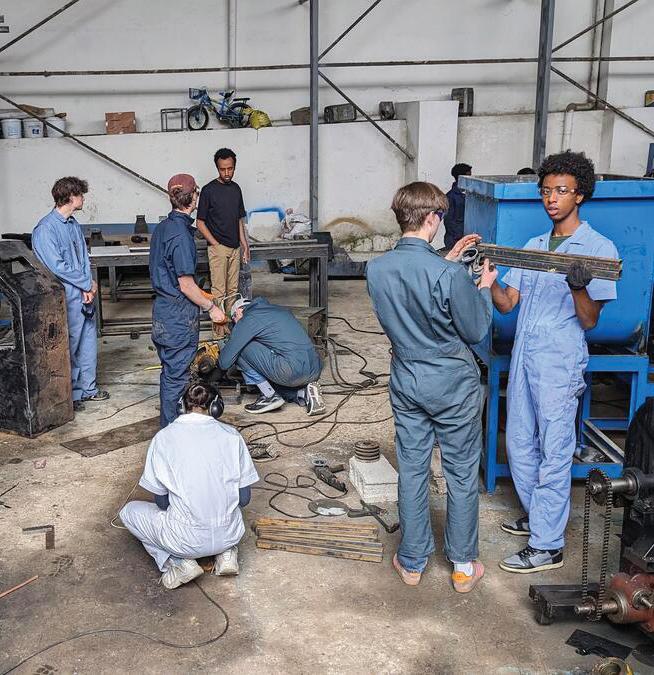
A team of nine ASU engineering students, led by India Schneider-Crease, assistant professor of global health, traveled to Ethiopia to address plastic pollution in Simien Mountains National Park – home to the rare gelada monkeys that are the focus of some of Schneider-Crease’s research. Collaborating with local engineers, they built machines to recycle plastic waste into marketable products, aiming to protect the fragile ecosystem and support local communities. Despite challenges like power outages and material shortages, the project succeeded in creating technology that transforms discarded plastic into useful items, fostering sustainability and cross-cultural cooperation.
“Sometimes it is hard to understand whether the conservation interventions we do actually work. Here we showed a very simple thing, by hiring teams of people to patrol the forest and remove snares, fewer chimpanzees will be injured by snares.”
—Kevin Langergraber

Kevin Langergraber, associate professor of evolutionary anthropology and director of the Ngogo Chimpanzee Project, has spearheaded a snare removal program in Kibale National Park, Uganda, significantly reducing snare-related injuries among chimpanzees. Since its inception in 2011, the program has seen an 87.5% decrease in snared chimpanzees, dropping from 12 incidents to just one.
Snares are a common tool often used by hunters in Uganda looking to catch small, wild game meat. Unfortunately, the snares are also capable of catching wild chimpanzees, resulting in injured fingers, toes, hands, feet — and sometimes complete
amputation. These injuries lead to increased vulnerability and decreased mobility. Langergraber’s team collaborates with the Uganda Wildlife Authority, utilizing eight snare removal teams to patrol the park. This initiative not only protects the chimps but also enhances their survival and well-being.
The success of the program underscores the importance of active conservation efforts and has been detailed in the journal Primates. The Netflix series “Chimp Empire” further highlights the conservation work being done at Ngogo.
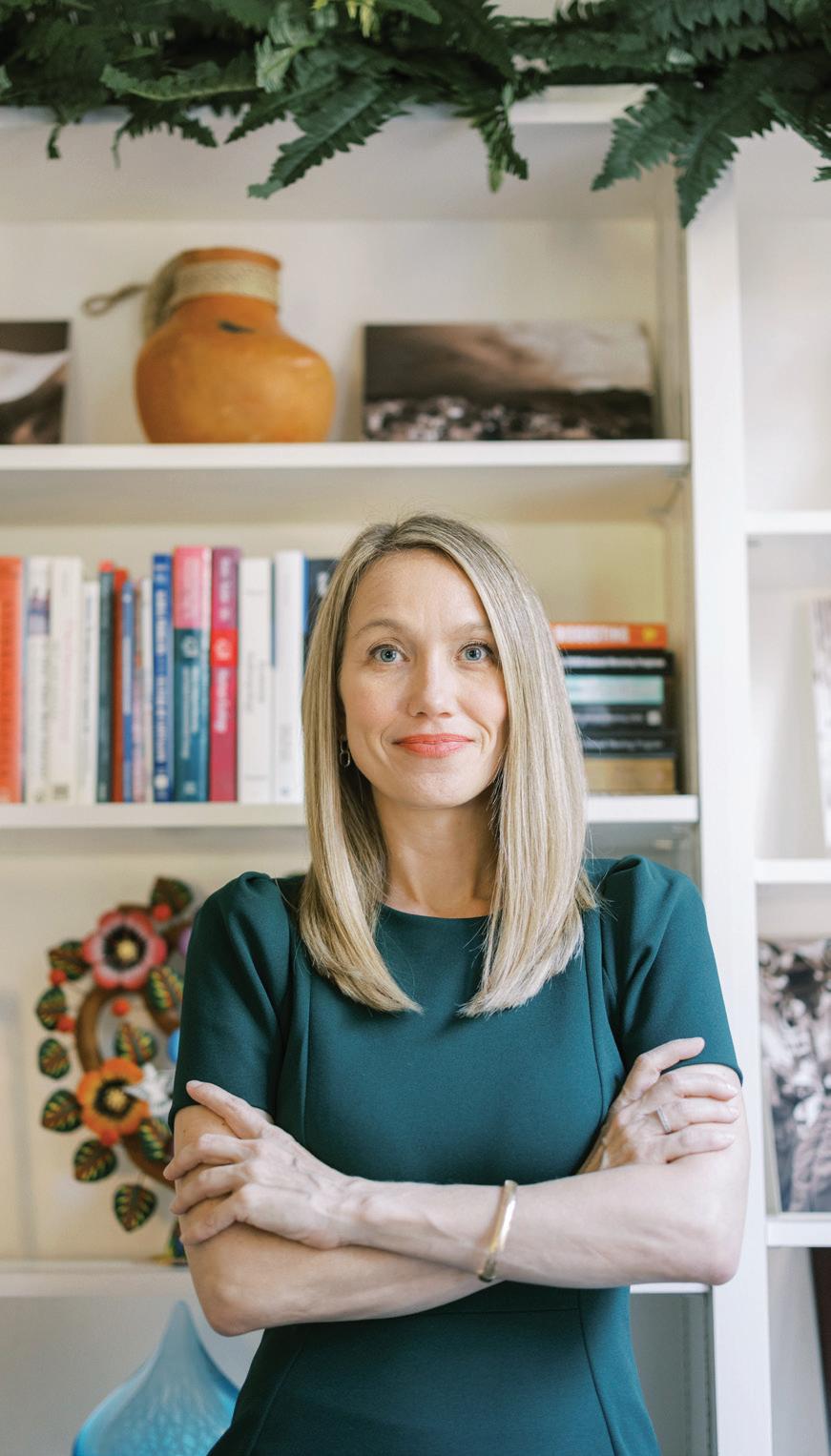
Amber Wutich, President’s Professor and sociocultural anthropologist, was named a 2023 MacArthur Fellow for her pioneering research on water insecurity. With the highly coveted fellowship and $800,000 “genius grant,” Wutich will continue her work addressing global water scarcity issues.
Wutich’s creative instincts have led to major discoveries and groundbreaking work in her field. She, along with the teams she has engaged with, has been awarded $80 million in research funds and published more than 150 peer-reviewed publications.
Her research spans over 20 years and includes collaborations with local communities worldwide, focusing on the social impacts of water scarcity and mental health. She directs the ASU Center for Global Health, as well as the Water for All program within the Arizona Water Innovation Initiative – a state-funded initiative aimed at protecting Arizona’s water security for future generations. Her work aims to improve water access and decision-making for vulnerable populations. Wutich’s interdisciplinary efforts highlight the importance of collaboration and community engagement in solving water insecurity.
“Empowering and allowing people to shape their own water futures is crucial and collaboration is
key to creating more sustainable outcomes.”
Amber Wutich
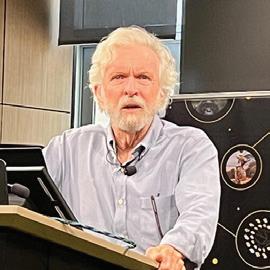





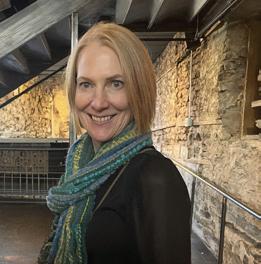
Alexandra Brewis has been recognized for her significant contributions to biocultural anthropology and global health. A newly minted Regents Professor – one of four professors at ASU to earn the highest faculty honor this year – Brewis was selected for the distinction in part because of her significant contributions to the field of study including founding ASU’s Center for Global Health and authoring several books, including “Lazy, Crazy, and Disgusting: Stigma and the Undoing of Global Health.” Her work focuses on understanding and addressing health challenges, including household water insecurity, obesity and stigma in global health practices.
Brewis was also recently awarded the Franz Boas Distinguished Achievement Award from the Human Biology Association. This lifetime achievement is given out annually to one member of the scientific nonprofit association as recognition for exemplary contributions to human biology in science, scholarship and other professional service.
“What drew me to biocultural anthropology was the growing realization that nothing was as simple as it was presented. That biology and culture should not be separated in how we think about what makes us humans think and act as we do.”
Alexandra Brewis

New book aims to change how anthropology is introduced to students around the world

Five Arizona State University anthropologists – Alexandra Brewis, Kelly Knudson, Christopher Stojanowski, Cindi SturtzSreetharan and Amber Wutich – joined together for a new book and together co-authored “The Human Story: An Introduction to Anthropology.” The textbook, published by W. W. Norton & Company, aims to transform how introductory anthropology is taught globally through a fourfield approach, covering biological, cultural, linguistic anthropology and archaeology, with an emphasis on intersectionality. It features diverse scholars, interactive tools and case studies to engage students with real-world issues. The book took six years, hundreds of expert reviews and many revisions to complete. “The Human Story: An Introduction to Anthropology” will be used in courses starting in the fall of 2024.
“To present anthropology as a field that values this diversity, we made a strategic decision to prioritize the work being done by a younger — and increasingly diverse — generation of scholars. Our hope is that this approach emphasizes to all our students that anthropology is a field that welcomes and values them and has valuable applications in their lives , even if they don’t go on to become anthropology majors.”
Research led by Elisabeth Kago Ilboudo Nébié, an assistant professor of sociocultural anthropology and global health, reveals how gender and livelihood influence water insecurity in Burkina Faso, West Africa. The study, co-authored with ASU’s Alexandra Brewis and Amber Wutich, examined husbands’ and wives’ experiences in households engaged in farming and herding. Findings show that water insecurity varies not only by gender but also by livelihood. Women crop farmers reported more water insecurity, while men herders experienced more stress securing water for livestock. This research highlights the importance of considering intra-household dynamics in water insecurity studies. “Why Livelihoods Matter in The Gendering of Household Water Insecurity” was published this month in the journal Weather, Climate, and Society.


“This was quite important because in many research projects, there is a focus on one person by household — usually the head of household. Here, we wanted to learn from the perspectives of both: husband and wife.”
— Elisabeth Kago Ilboudo Nébié

Megan Jehn, an epidemiologist and professor of global health, led research showing that CorsiRosenthal boxes, a DIY air cleaning system, are not only cost-effective but also outperform commercial HEPA filters in reducing particulate matter. Building on this success, Jehn’s team distributed these boxes to cooling centers across metro Phoenix. Additionally, Jehn is involved in a $1.9 million EPA grant focused on wildfire preparedness in Arizona, where she will co-lead training on the health impacts of heat and air pollution.
Over 1,500 Americans are still unaccounted for from the Vietnam War; 48 of those Americans are in Cambodia, according to the Defense POW/MIA Accounting Agency, or DPAA.
The DPAA is working with archaeologists at the Center for Digital Antiquity and the Digital Archaeology Record, or tDAR, on a pilot project that uses an archaeological data repository, artificial intelligence and geographic information systems to conduct comparative analyses of where missing war personnel may be located in Cambodia. An important part of this project is collecting and organizing hardcopy DPAA documents and creating new datasets, explained Christopher Nicholson, associate research professor and director of the Center for Digital Antiquity, where tDAR is housed.

Aerial view of an excavation site after the brush has been cleared in Cambodia, 2022. Excavation conducted by Ohio Valley Archaeology, Inc. in partnership with the Defense POW/MIA Accounting Agency.
With an interest in spatial modeling and digital archaeology, Brian McCray, who joined the team as a postdoctoral scholar, explains this project is an example of how data can help make decisions about how to allocate resources toward sites that are more likely to have good preservation.
Caitlin Drummond Otten, assistant professor of environmental social science, released new research exploring the impact of bans and regulations on food technology. The research examines how restrictions affect innovation and public perception, particularly in emerging technologies like labgrown meat and genetically modified organisms. Drummond Otten and her co-authors emphasize the need for balanced policies that foster innovation while addressing public concerns about safety and ethics. The article, “Consumers’ perceptions and acceptance of genome editing in agriculture: Insights from the United States of America and Switzerland,” was recently published in Food Research International.
ASU team receives part of $13.9M grant to aid coastal climate resiliency
The National Science Foundation awarded a $13.9 million grant to a program led by the University of Alaska Fairbanks — with support from researchers at Arizona State University’s School of Human Evolution and Social Change — to help multiple communities respond to coastal erosion, flooding, permafrost thaw and other hazards attributed to climate change. AC³TION was awarded a NSF-NNA Collaboratory Grant — one of only two funded by the NNA program. These are large grants designed to support collaborative teams undertaking research and training initiatives that address grand challenges related to the rapidly changing Arctic. In this case, AC³TION addresses the challenge of putting the principles and practice of knowledge cogeneration to work and problem-solving rapidly evolving coastal hazards.
The ASU effort is led by Associate Professor Shauna BurnSilver, Professor Abigail York and Professor Marty Anderies. The initiative also involves multiple institutions and Indigenous coastal communities. The project focuses on knowledge cogeneration between Western and Indigenous sciences, aiming to improve community resilience and adaptive infrastructure. Participating communities are on Alaska’s west and southwest coasts, on the Aleutian Islands, in the Bering Sea and on the Beaufort Sea coast of Canada’s Northwest Territories.
“Arctic coastal peoples have not created climate change, but they are at the forefront of its effects.”
—BurnSilver, York and Anderies


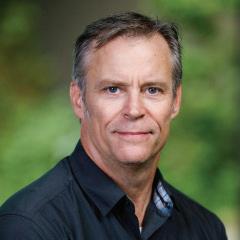
Dean Blumenfeld
Awarded SHESC’s Reynold Ruppe Prize in Archaeology
Dylan Diaz-Infante
Awarded Graduate Research Fellowship Program grant from the National Science Foundation
Frida Espinosa
Awarded SHESC’s Excellence in Graduate Achievement for Global Health
Patrick Fahey
Awarded 2nd place for Completed Research in the Institute for Social Science Research poster competition
Liam Gleason
Awarded SHESC’s Philip Mason Thompson Award
Jayde Hiriniak
Awarded SHESC’s Reynold Ruppe Prize in Archaeology
Jobayer Hossain
Awarded SHESC’s Bob Bolin Award and 3rd place for Completed Research in the Institute for Social Science Research poster competition
Sydney James
Awarded SHESC’s Excellence in Graduate Achievement for Archaeology and the Grad Student TA Teaching Award
John Murray
Awarded Doctoral Dissertation Research Improvement Grant from the National Science Foundation
Sophie Neems
Honorable Mention for SHESC’s Grad Student TA Teaching Award
Amanda Slotter
Awarded SHESC’s Donald H. Morris
Award for Outstanding Doctoral Student in Evolutionary Anthropology
Julianne Stamer
Awarded SHESC’s Donald H. Morris Award for Outstanding Doctoral Student in Bioarchaeology
Eunice Villasenor
Awarded the Fulbright-Garcia Robles Fellowship
James Zerbe
Awarded SHESC’s Donald H. Morris
Award for Outstanding Doctoral Student in Evolutionary Anthropology

Manuel Lewis, who graduated in the fall of 2023 with a bachelor’s degree in anthropology, was recognized for his academic achievements by being named the Dean’s Medalist to represent the School of Human Evolution and Social Change. As a member of the Gila River Indian Community, Lewis served his community as a fulltime emergency telephone operator while working toward earning his degree. Now Lewis is pursuing a law degree with the intent to continue his work in the public service arena, specifically serving Indigenous communities.
“I knew [an anthropology degree] would be something that would continually challenge me to view things from as many vantage points as possible, and I knew it would be a rewarding field of study as I prepared to pursue a legal education and career.” - Maneul Lewis

Passion for anthropology, specifically Egyptology, started at a very young age for Tatijana Jovanović. Jovanović graduated summa cum laude in the spring of 2024 with a Bachelor of Arts in anthropology and a minor in art history. Among her many accomplishments, she was awarded both the spring 2024 Outstanding Undergraduate Award in social sciences from The College of Liberal Arts and Sciences and the Dean’s Medal for the School of Human Evolution and Social Change.
“When I was 4 years old, a friend brought a book to preschool that had a picture of Queen Nefertiti on it. From that moment, my fascination with ancient Egypt started. I majored in anthropology as a basis for pursuing graduate work in Egyptology.” - Tatijana Jovanović

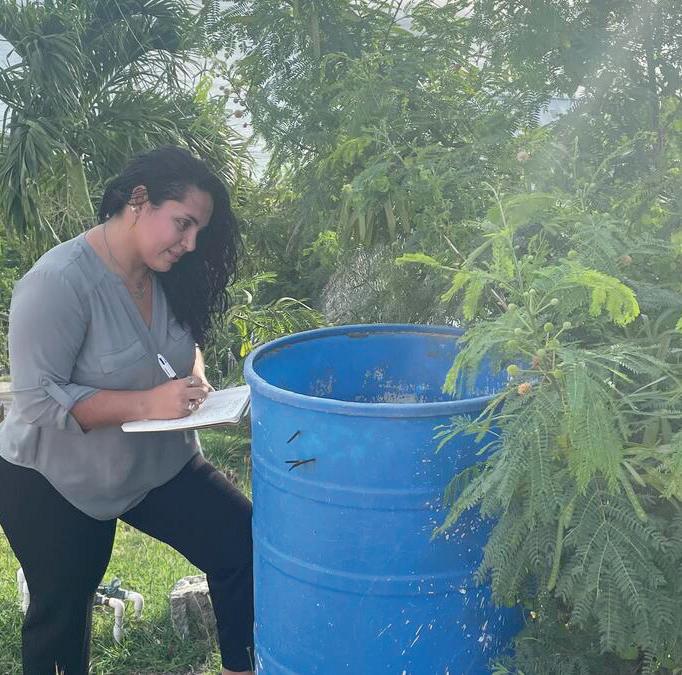

Animal tooth enamel research giving insight into environment 10M years ago
Linet Sankau, PhD student of evolutionary anthropology, is researching the paleoecology of a late Miocene site in Kenya, dating back 10 million years. Her work focuses on reconstructing mammalian diets and understanding evolutionary pressures to gain insight into historical climate change and its impact on species evolution in Africa.
Using a cultural lens for mosquitoborne virus intervention
Dengue, a mosquito-borne virus, has been on the rise worldwide. Camila Tompkins, PhD student of global health, recently worked in Saint Lucia, where dengue is endemic, to assist public health organizations and communities with the development of human-centered and inclusive design and implementation for intervention for vector-borne diseases.
Mirtha Garcia Reyes, who earned her PhD in anthropology in spring 2024, used photography to explore the trans experience in Spain, capturing personal stories and societal interactions. Her work reveals the nuanced realities of trans individuals, highlighting their struggles and triumphs. Through visual documentation, she aims to deepen understanding and foster dialogue about gender identity in Spanish society, specifically as the country moves from a dictatorship to democracy.
A
heartfelt to our donors for their generous support during the 2023-2024 academic year.
Alice Casey
Andrew Carton
Angela Huster
Arthur and Mollie Meza
Brendan and Kailee Cunningham
Brian and Nicole Pomerantz
Carita Harrell
Carolyn Wesolek
Choate, Hall & Stewart LLP.
Christina Martinez
Christopher and Catherine Huston
Claudine Gravel-Miguel
Daniel Sorrell
Diane Jost
Dianna Barra
Don Preister
Edward and Pamela Beitzel
Edward Crescitelli
Elaine Goetze
Ellen Moore
Eric Espeland
Frank and Caroline Grinere
Frankie Kee
Gary and Yvonne Huckleberry
Geoffrey Thomas
George Parkins
Guy Jacobson
Harry and Rosellen Papp
Jacqueline Franks
James and Florenia Eder
Jameson Wetmore and Emma Frow
Janet Loughlin
Jeannemarie Calfee
Joan Silk and Rob Boyd
Joanna and David Brace
Joel Palka
John and Kelly Eberle
Joseph and Joyce Sallak
Joseph Belanger
Judi Cameron
Julia Pebeahsy
Kathleen Farros-Hoeppner
Kathryn and Sammy Baptiste
Keith Bletzer
Lisa Fontes
Lyn and Ken Walter
Manuel R. Palacios-Fest
Mario Arosemena and Chandra Tontsch
Marylynne and Kevin Christman
Matthew Cordell and Alberto Cedillo Diaz
Maureen and Doug Towne
Megan Martin
Michael Smith and Cynthia Heath-Smith
Pamela Showalter and Raylene Bell
Patricia Giesler
Patricia and Blair Snyder
Patrick Williams and Donna Nash
Peggy Smith
Peter Hartung
Richard Diehl and Nancy Little
Ronald Flores
Ruth Virgil Kerr
Sabrina Rocke
Sam Bonge and Amber Henderson
Scott and Tracy Benjamin
Scott Schreiber and Anna Consie
Susan Pomerantz
The Leakey Foundation
Theresa Barker
Valerie and Pete Gomez
Vernon and Dot Woods
Victor Hernandez
Virginia Hersch
Wayne Lenig
Wendy Abbott
Team members from the Center for Archaeology and Society examine a ceramic shard. Randii Lantz Castenda (seated) is a triple-major student studying anthropology, American Indian studies and art. She is working with Jessica Ulmer, a NAGPRA inventory specialist with the Center, to examine the piece. In the background are two more staff team members, including Zithlaly Vega (left), a NAGPRA management intern, and Chandler Lahey (right), a curatorial specialist.
